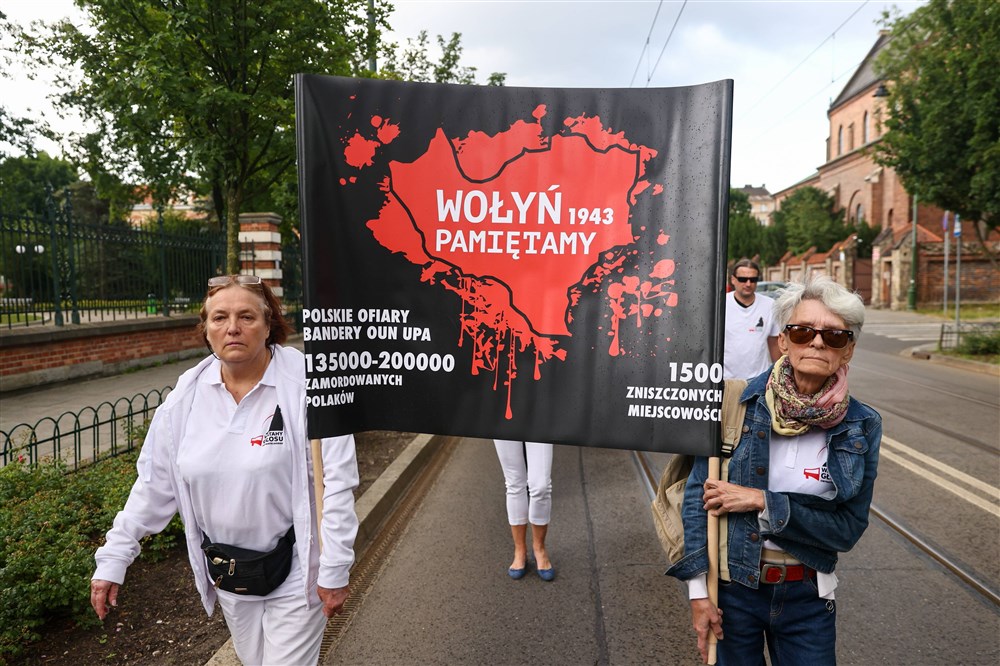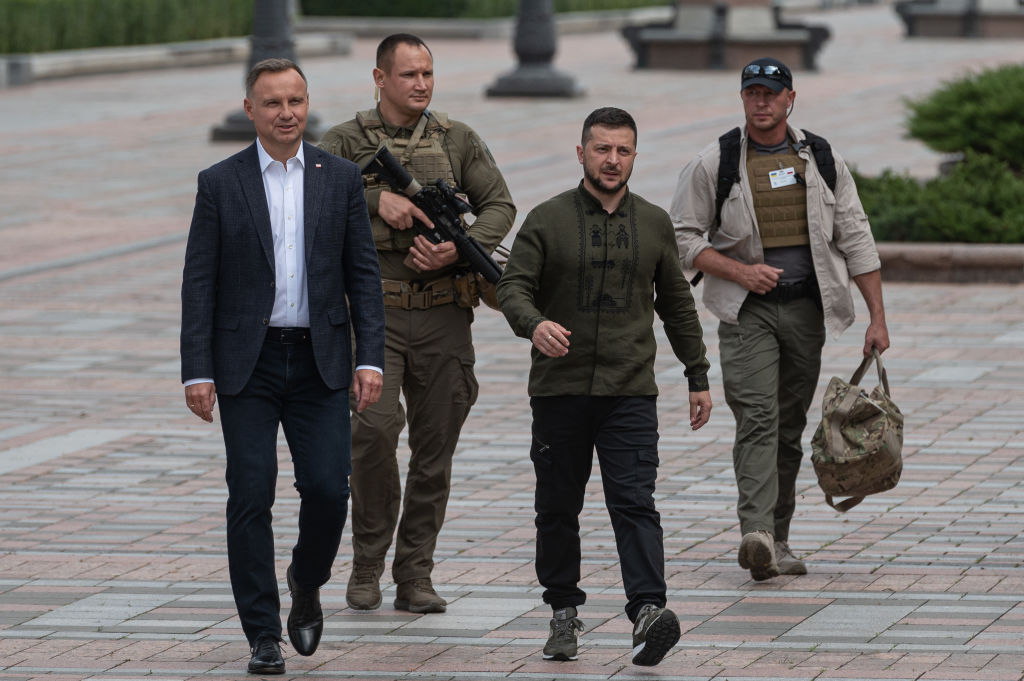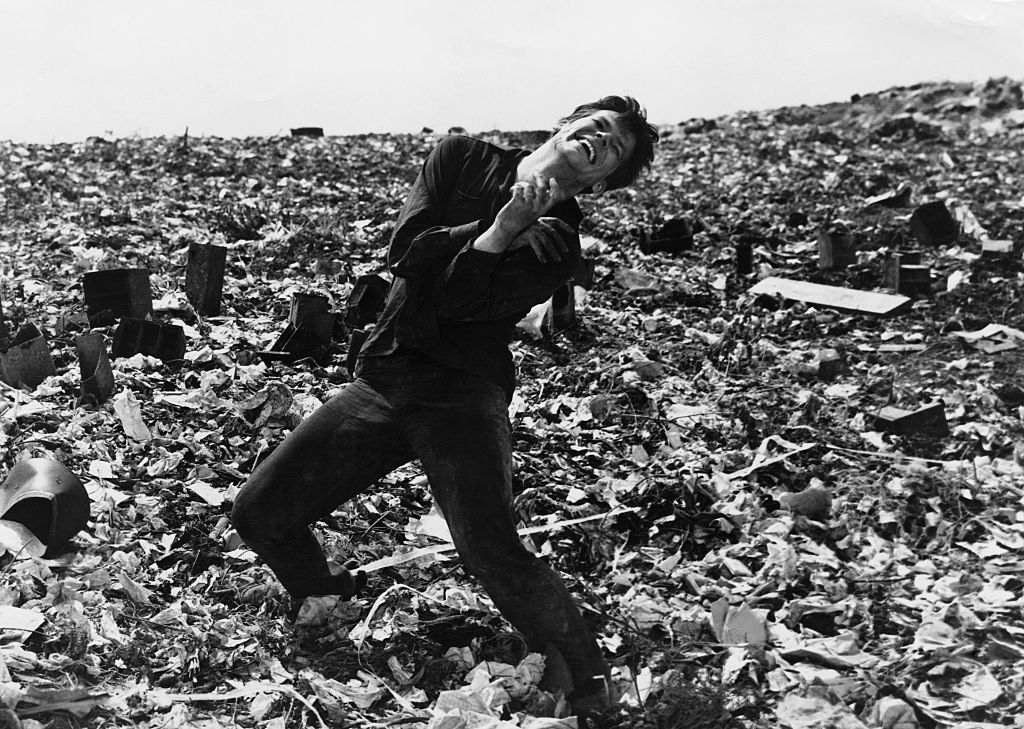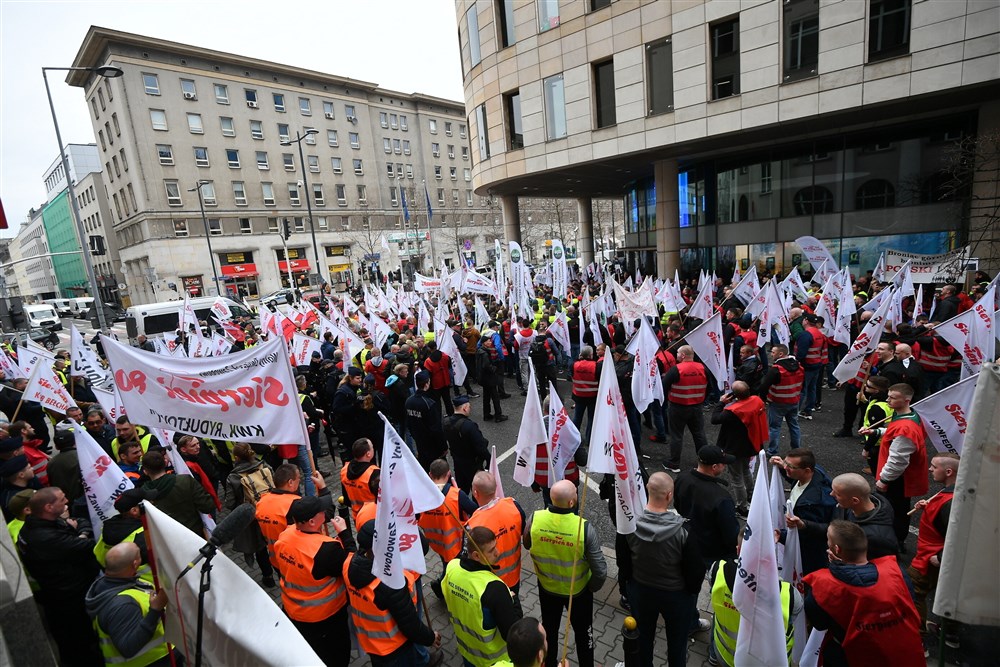Simmering tensions between Poland and Ukraine regarding the Volhynia massacre of thousands of Poles in WW2 erupted again over the weekend after Ukraine’s ambassador to Warsaw, Vasyl Zvarych, published and then deleted a Twitter post criticising Poland’s demand that Ukraine apologise for the killings.
The ambassador was reacting to Polish foreign affairs ministry spokesman Łukasz Jasina’s call for an apology from Ukrainian President Volodymir Zelensky for the slaughter 8o years ago on territory then controlled by Poland. Many Poles regard it as an act of ethnic cleansing and their grievances have been exacerbated by the fact that Polish experts have long been barred from exhuming the bodies of the victims.
The events at Volhynia were orchestrated by Ukrainian forces led by the nationalist and German ally Stepan Bandera, whom Ukrainians revere as freedom fighter against the USSR, despite him being an ally of Nazi Germany.
In the deleted Twitter post Zvarych wrote: “Any attempts to force the Ukrainian President or Ukraine itself to accept other people’s narrative on our common history is unacceptable and unfortunate.”
The tweet continued: “We remember the history and appeal for respect and restraint in making statements, especially in the reality of genocidal Russian aggression. Furthermore, true reconciliation in Polish-Ukrainian relations should be guided by that suggested by leaders of our churches based on the maxim ‘we forgive and ask for forgiveness.”
The post was removed and replaced on Sunday as Zvarych adopted a more conciliatory stand stating he regarded “such form of communication as inappropriate”.
He wrote: “We are open to dialogue and cooperation with regard to history, we understand its significance, we pay homage to the victims. Stronger together.”
The Polish ministry of foreign affairs also appeared to back down from confrontation, with deputy minister Piotr Wawrzyk telling reporters: “We shouldn’t deliberately look for problems. This is not the time to dissect problems in our relations, let’s concentrate on supporting Ukraine” and that such exchanges “help no one except Russia”.
Although President Zelensky has never commented publicly on Volhynia, the exchange illustrates old tensions between Poland and Ukraine that had been largely put aside as a result of Russia’s invasion. Ukraine has issued repeated expressions of gratitude for Polish assistance and the country’s acceptance of Ukrainian refugees.





